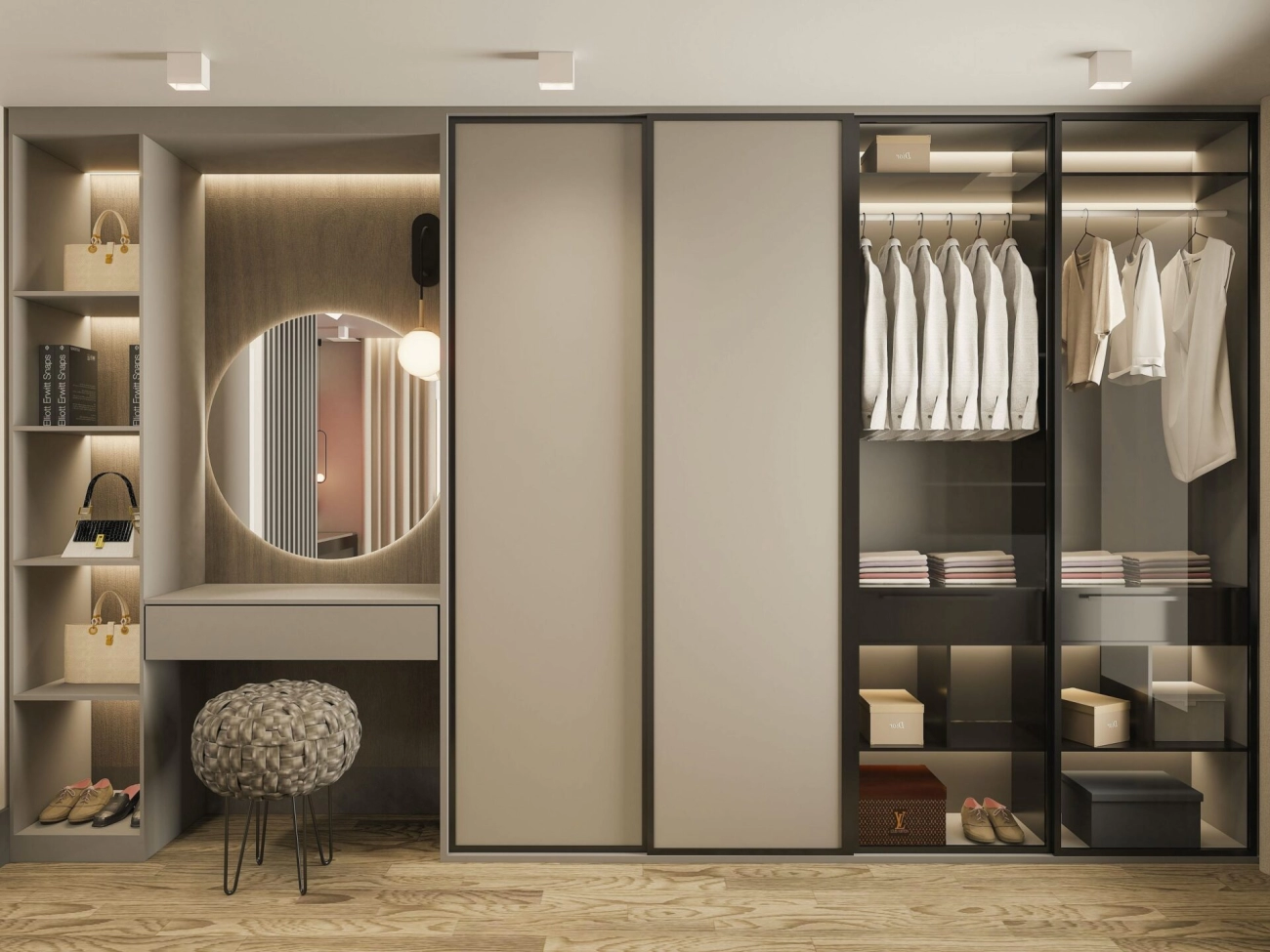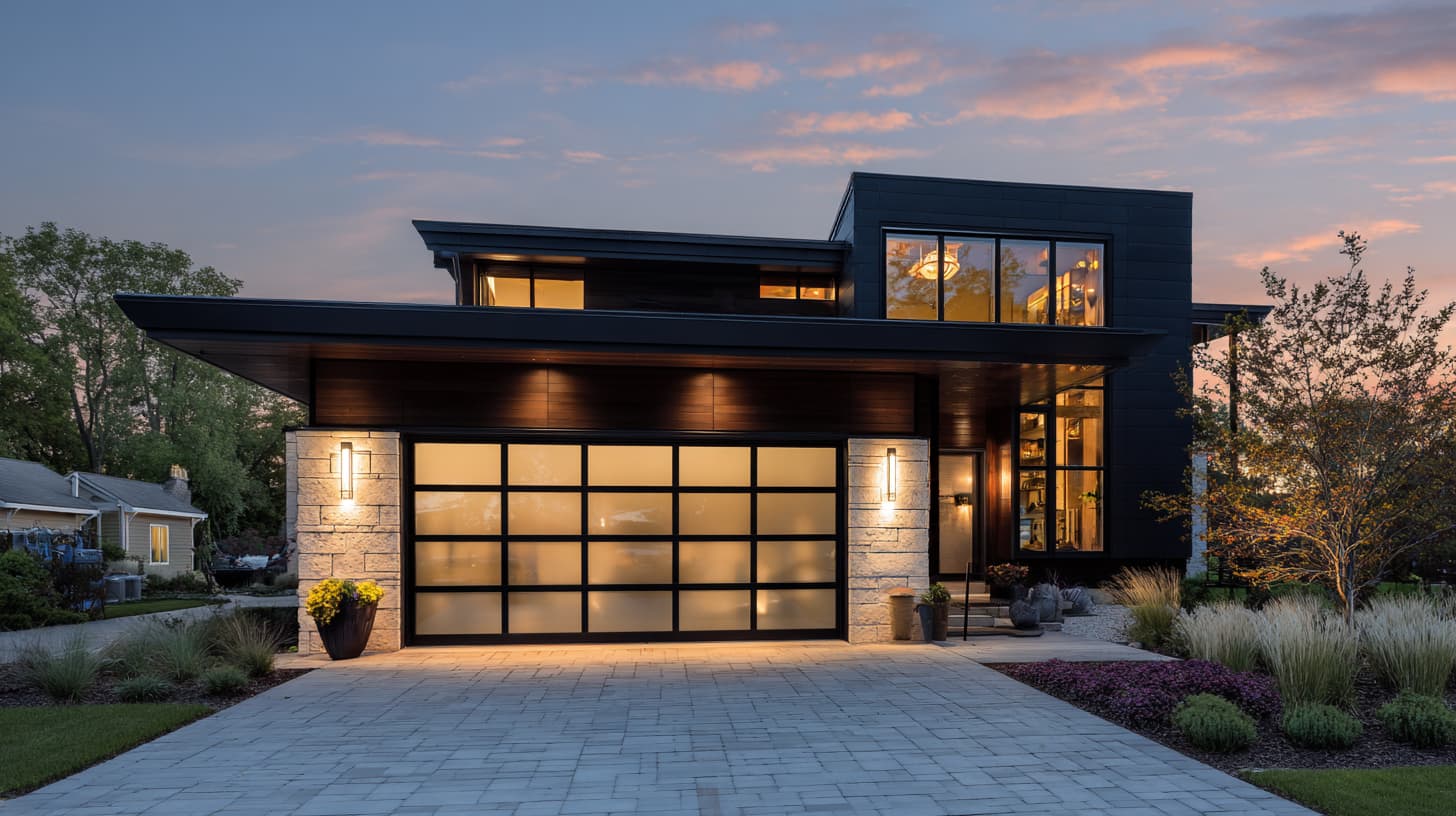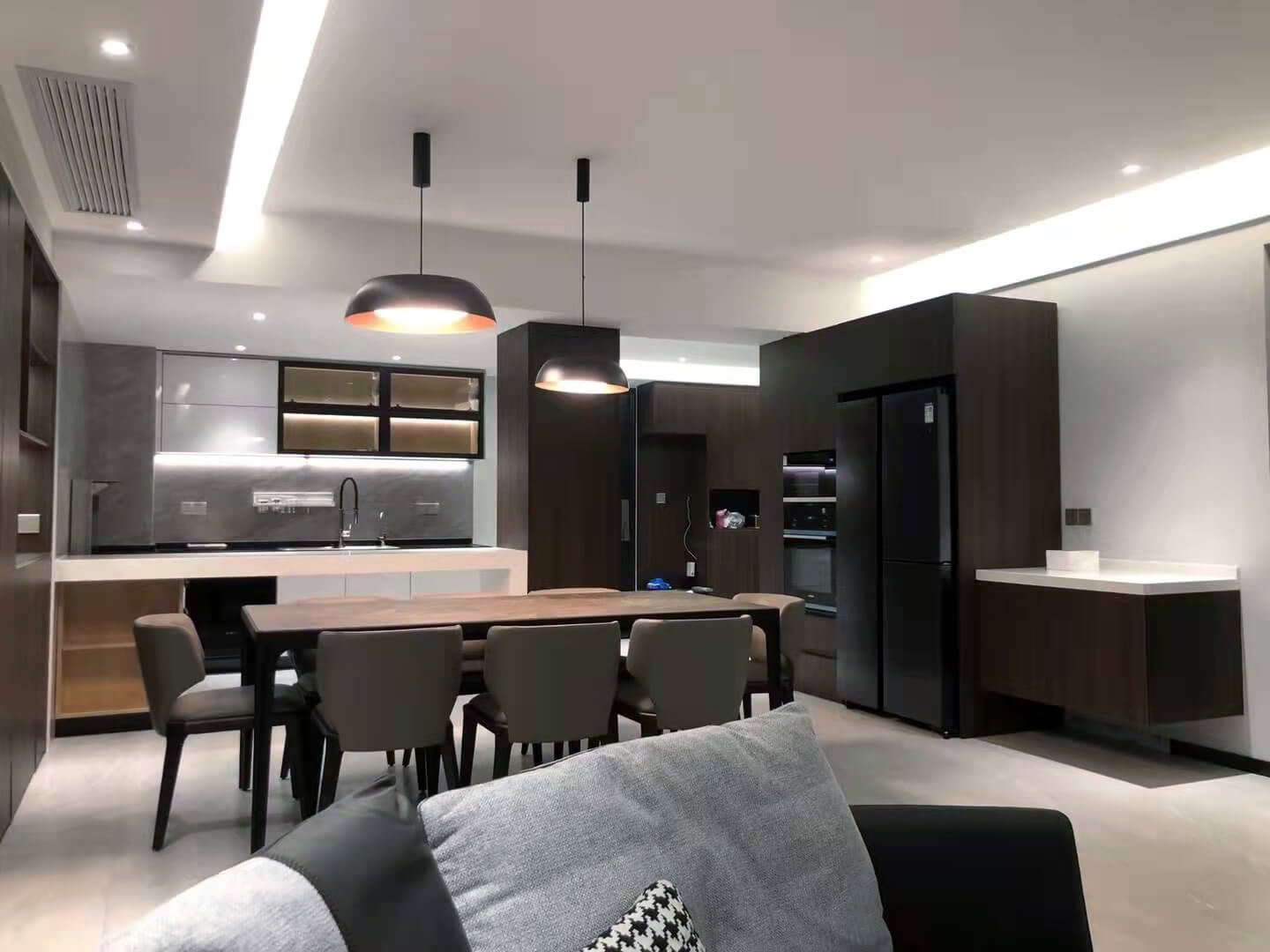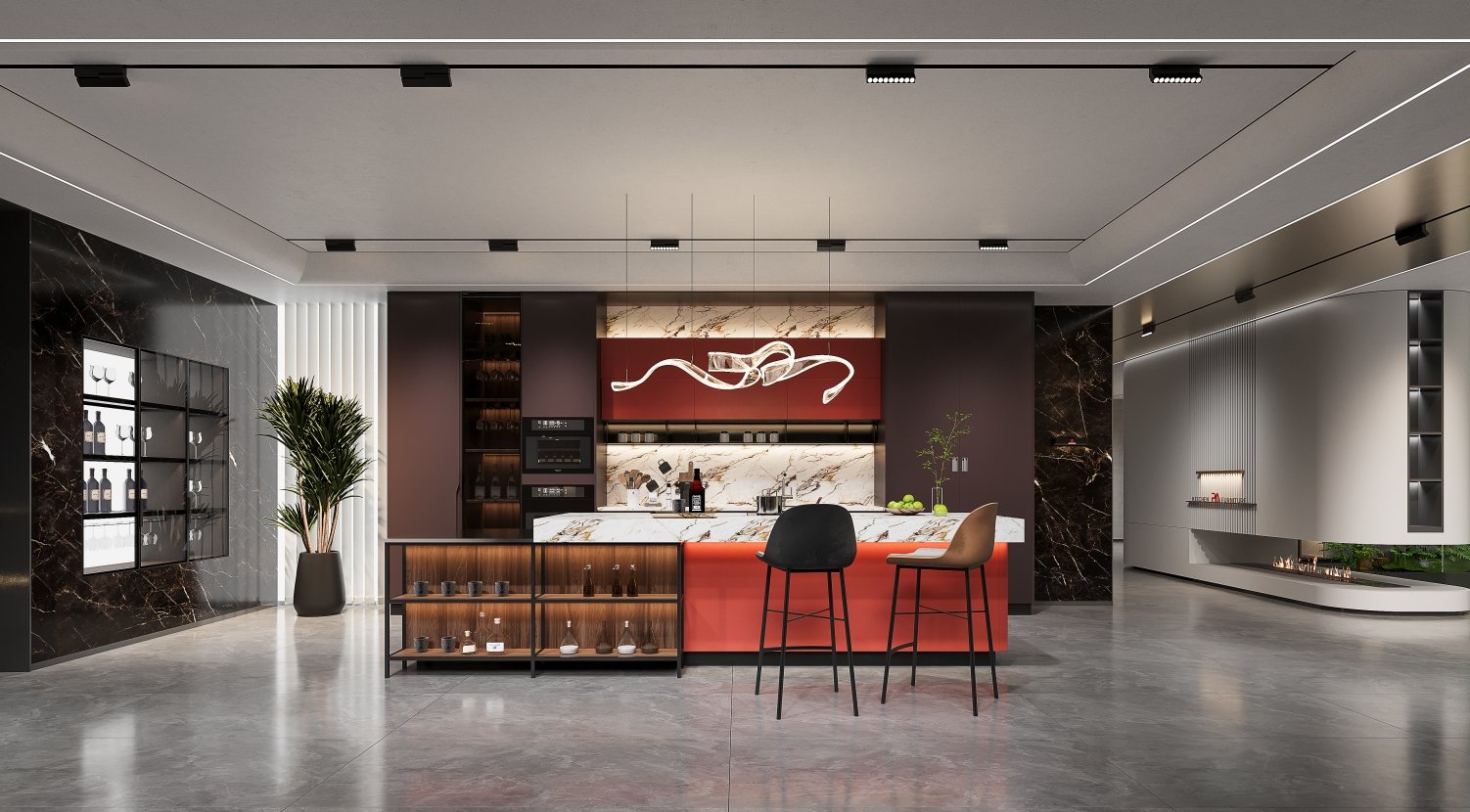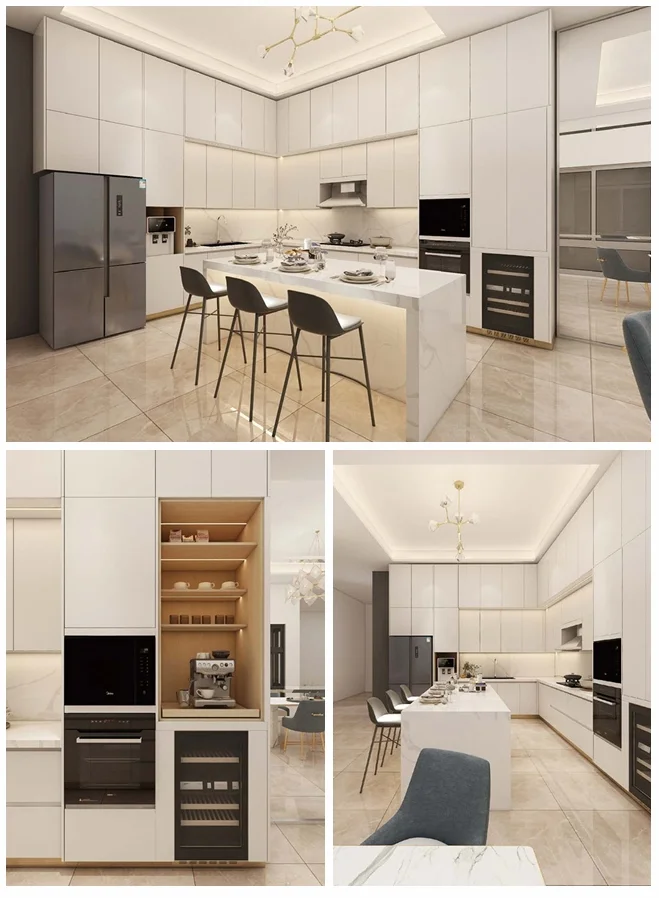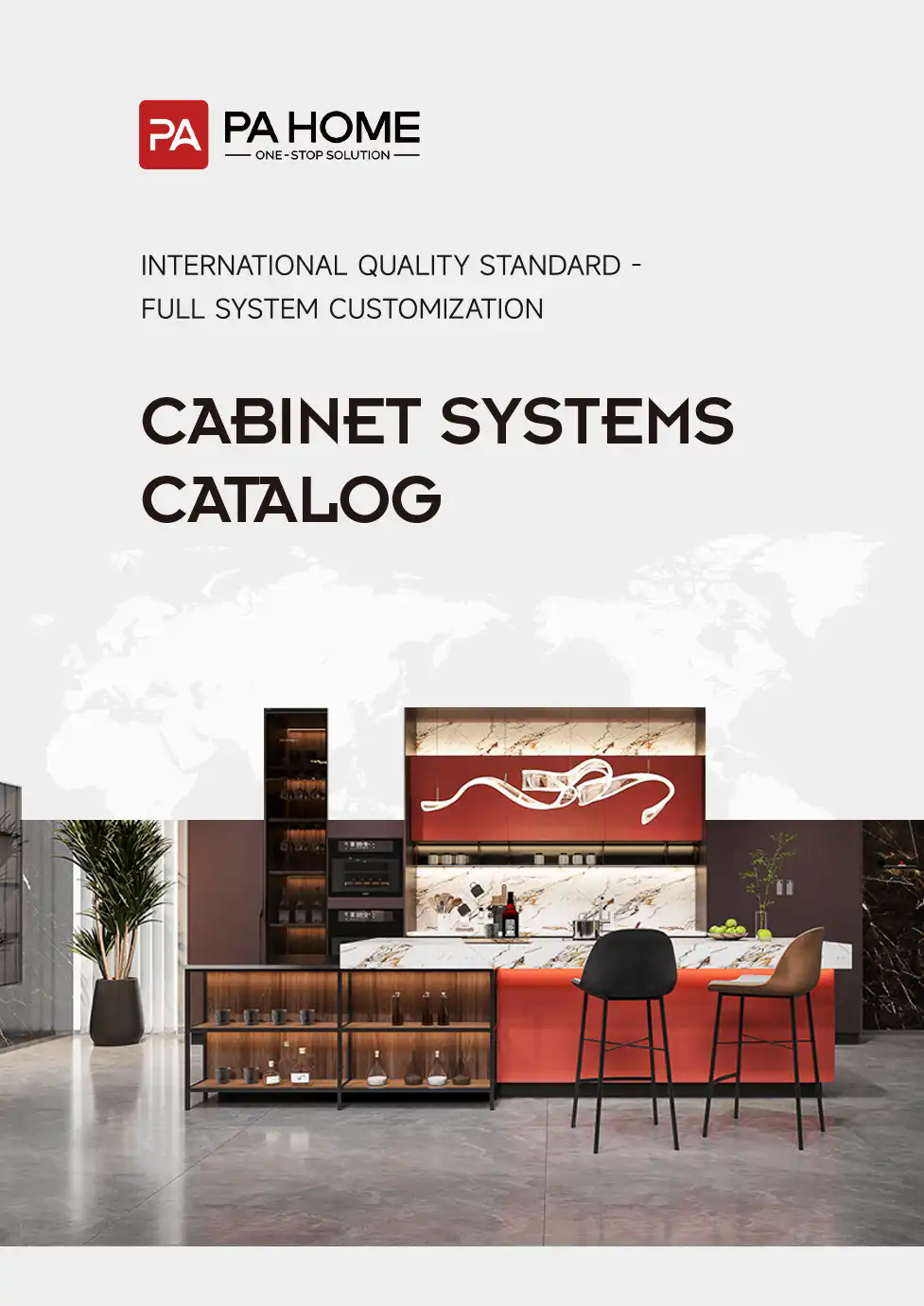What Are Window Casings?

Table of Contents
ToggleWindow casings are the decorative and functional frames that surround a window, covering the gap between the window frame and the wall. They play a key role in finishing the window installation by providing a clean, polished look and helping to secure the window in place.
1.Window Casings vs Trims vs Molding
These terms often get mixed up, but here’s how they differ:
| Term | Definition | Purpose |
|---|---|---|
| Window Casings | Frames around the window opening | Finish edges, cover gaps, hold the window securely |
| Window Trim | General term for all decorative woodwork around windows and doors | Includes casings, sills, and aprons |
| Window Molding | Ornamental profiles applied to casings or trim | Adds style and architectural detail |
2.The Role of Window Casings
- Finishing: Casings cover rough gaps between the window frame and walls for a neat appearance.
- Framing: They create a border that highlights the window and can complement room style.
- Protection: Casings shield the edges of drywall or plaster from damage.
Understanding these differences helps when choosing or discussing window details, especially in homes around Indonesia where architectural styles vary greatly.
For more on window types and styles, check out our guide on Sliding Sunroom Windows.
The Purpose and Benefits of Window Casings
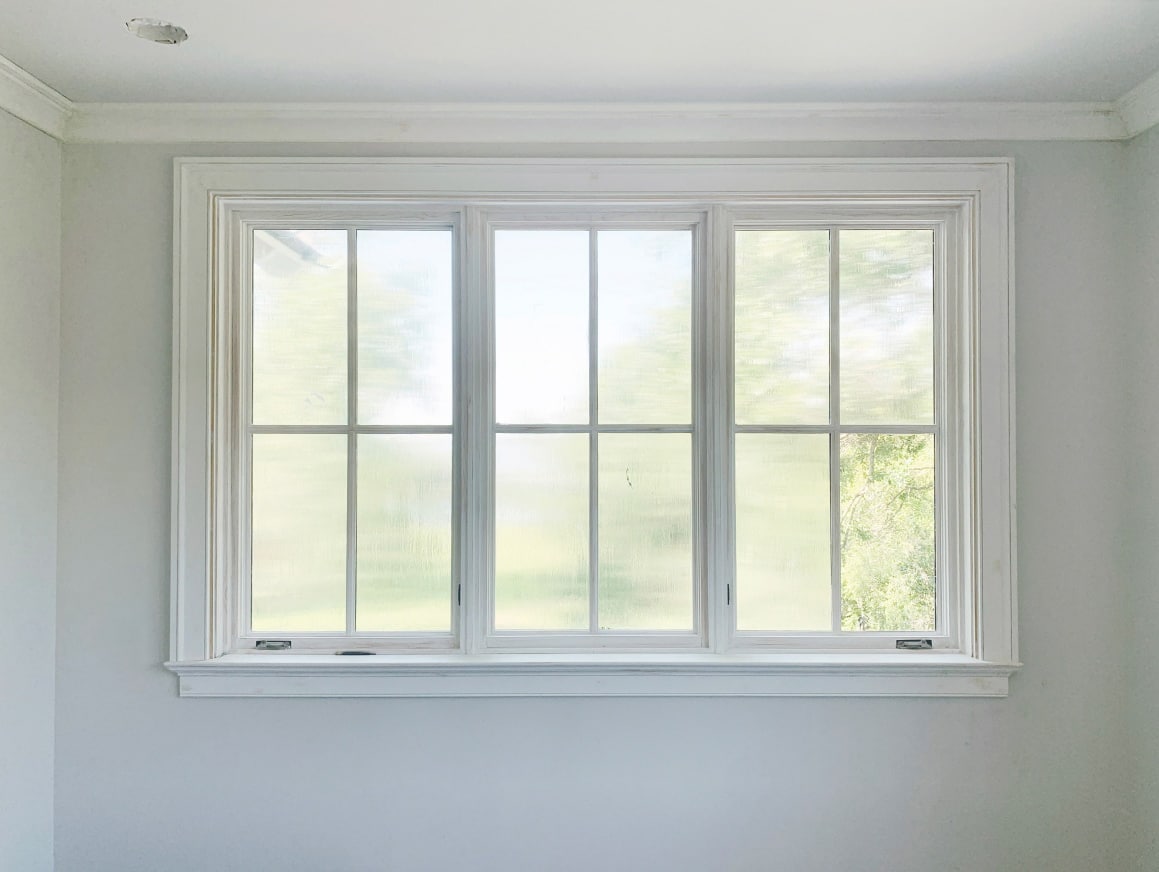
Window casings do more than just frame your windows—they serve important functional and aesthetic roles that protect your home and boost its look.
1.Functional Benefits
- Sealing Gaps: Casings cover the narrow gaps between the window frame and the wall, preventing air leaks.
- Preventing Drafts: By sealing these spaces, casings reduce drafts, helping keep your home comfortable year-round.
- Protecting Walls: Casings shield the wall edges from moisture and damage, which can extend the life of your interior walls.
2.Aesthetic Benefits
- Enhance Window Appearance: Casings give windows a clean, finished look, pulling the room together.
- Complement Interior Design: Whether your style is modern, colonial, or rustic, the right casing style can enhance your home’s overall vibe.
3.Impact on Home Value and Curb Appeal
Well-chosen and maintained window casings improve the curb appeal of your house, making it look cared for and stylish. This boost can increase your home’s market value and attract buyers if you decide to sell.
| Benefit Type | Description | Why It Matters |
|---|---|---|
| Functional | Seals gaps, prevents drafts | Improves comfort, saves energy |
| Protective | Guards walls from damage | Saves repair costs |
| Aesthetic | Frames windows neatly | Enhances interior style |
| Value & Appeal | Adds curb appeal and resale value | Makes property more attractive |
Types of Window Casings
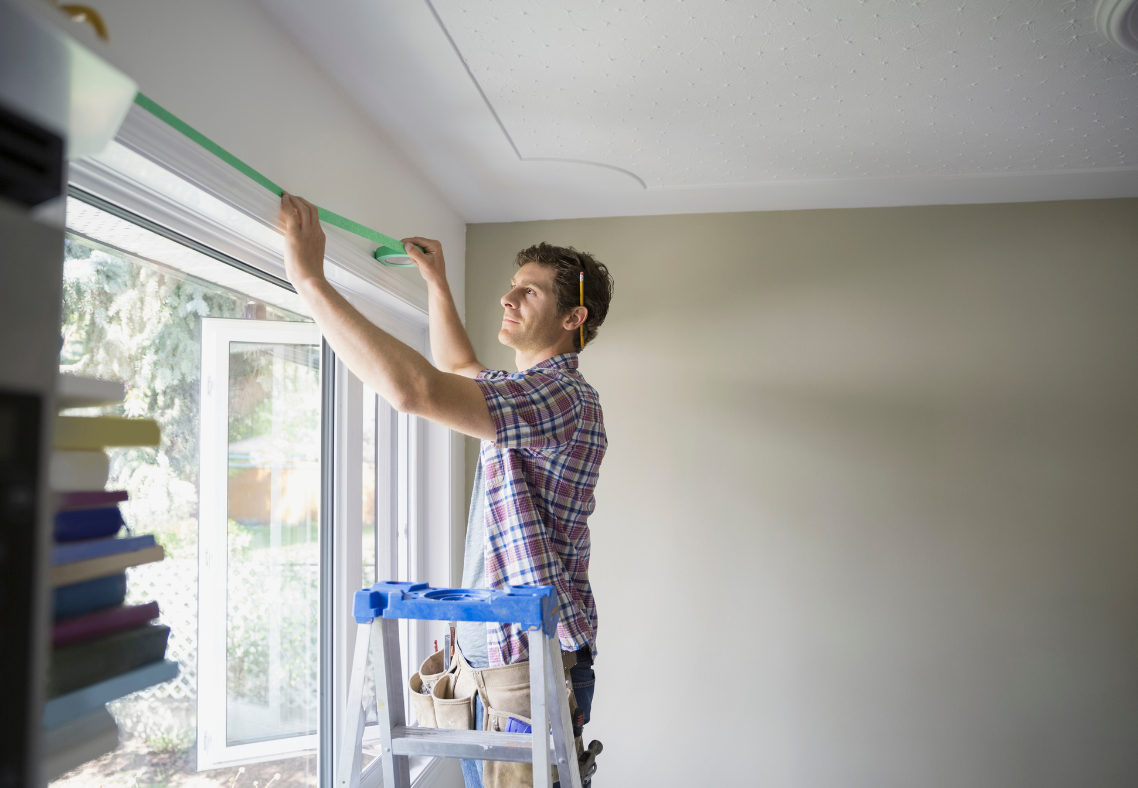
When choosing window casings, you’ll generally find two main types: stock and custom. Stock casings come pre-made in standard sizes and profiles, making them budget-friendly and easier to install. Custom casings are tailor-made for your windows, perfect for unique shapes or when you want a specific look.
1.Common Profile Styles
- Colonial: Classic and detailed, often featuring rounded edges and traditional lines.
- Craftsman: Simple, straight lines with a sturdy, handcrafted feel.
- Modern: Clean, minimalist profiles with sharp edges.
- Rustic: Rougher textures and natural finishes for a cozy, farmhouse vibe.
2.Material Options and Their Pros and Cons
| Material | Pros | Cons | Common Use in Indonesia Homes |
|---|---|---|---|
| Wood | Natural, warm, easy to paint | Can warp or rot, needs upkeep | Popular in traditional colonial and Victorian houses |
| MDF | Affordable, smooth finish | Sensitive to moisture | Used in interiors with controlled humidity |
| PVC | Water-resistant, durable | Less natural looking | Great for basements or bathrooms |
| Composite | Combines wood & synthetic benefits | Higher cost | Modern homes seeking durability and style |
| Metal | Very durable, sleek look | Can be cold or industrial | Used in contemporary and commercial styles |
In Indonesia, where weather varies seasonally, wood casings remain popular for their classic appearance, especially in older homes. However, PVC and composite materials are gaining traction for their durability against moisture and temperature swings, particularly in basements or high-humidity areas.
For more detailed info about window styles and manufacturer options, check out our guide on window manufacturer.
How Window Casings Affect Energy Efficiency ?
Window casings play a key role in improving your home’s energy efficiency. They help seal the gaps between the window frame and the wall, preventing drafts that can let cold or hot air inside. Properly fitted casings reduce air leaks, which means less strain on your heating and cooling systems and lower energy bills.
Modern energy-efficient windows are designed to work well with tight, well-installed casings. When casings fit flush and are made from materials that don’t warp or shrink, they maintain a solid barrier against air and moisture intrusion. This compatibility is crucial for getting the most out of energy-saving window technologies.
To pick casings that boost your home’s energy profile:
- Choose materials like PVC or composite that resist moisture and don’t expand or contract much.
- Look for casings with tight joints and a smooth fit around the frame.
- Consider adding weatherstripping or caulking between the casing and wall for extra sealing.
- Match casings carefully to the size and type of your windows to avoid gaps.
By focusing on these points, you make your window casings an effective part of your home’s insulation system, keeping your Indonesia home comfortable year-round. For more on window frame finishing and energy efficiency, check out our guide on sliding sunroom windows.
Window Casings and Local Architectural Styles Indonesia Focus
In Indonesia, window casings often reflect the rich architectural history of the area. Traditional homes, especially colonial and Victorian styles, usually feature window casings with detailed profiles and classic shapes. These often include layered moldings and more ornate designs that add character and authenticity to older homes.
For newer homes, modern and contemporary window casings tend to have cleaner lines and simpler profiles. These casings focus on minimalism and complement updated interior designs without overpowering the space.
When choosing window casings in Indonesia, consider the overall style of your home:
- Colonial and Victorian homes: Opt for thicker, more intricate casings with decorative edges.
- Modern homes: Choose sleek, straightforward casings with flat or slightly rounded edges.
- Transitional styles: Blend traditional and modern casing elements to create a balanced look.
PA Home recommends picking casing styles that respect your home’s original architecture while meeting today’s functional needs. By matching window casings to your local style, you not only preserve your home’s charm but also increase its curb appeal and value.
For more details on windows suited to Indonesia homes, check out the window manufacturer guide to explore suitable casing options.
How to Choose the Right Window Casings for Your Home ?
Picking the right window casings means balancing style, material, budget, and how easy they are to install. Here’s what to keep in mind:
1.Consider Your Style
- Match casings to your home’s look—colonial, modern, rustic, or craftsman.
- Think about trim profile and color to complement your interior design.
2.Choose the Material
- Wood offers classic warmth but needs upkeep.
- MDF is budget-friendly and smooth but less durable.
- PVC and composite resist moisture and wear, good for Indonesia’s varied climate.
- Metal casings can suit modern homes but aren’t as common locally.
3.Factor in Your Budget
- Custom wood casings cost more but add real value.
- Stock MDF or PVC casings save money and are easier to replace.
4.Ease of Installation
- Some materials and designs are better for DIY beginners.
- Complex profiles or heavier materials usually need pros.
5.Hiring Professionals vs DIY
- Pros ensure perfect fit, paint, and finish, avoiding costly mistakes.
- DIY can work if you have basic carpentry skills and tools.
- Consider time, tools, and experience before deciding.
6.Sourcing Locally with PA Home
PA Home helps you find local materials, trusted contractors, and custom casing makers throughout Indonesia. Buying local supports community businesses and matches your home’s regional style.
| Factor | Tips |
|---|---|
| Style | Match local architectural style |
| Material | Balance durability with budget |
| Budget | Stock = cheaper, Custom = value |
| Installation Ease | DIY simple profiles or hire pros |
| Local Sourcing | Use PA Home for trusted contacts |
Choosing right saves time, money, and boosts your home’s look and energy efficiency.
Installation Basics
Installing window casings is a straightforward process, but it takes some preparation and care to get it right. Here’s what you need to know:
1.Overview of the Installation Process
- Measure the window frame carefully before buying casings. Accurate measurements help avoid gaps or overlaps.
- Cut the casing pieces to size, usually mitered at the corners for a clean look.
- Nail or glue the casing around the window frame, making sure it’s flush and level.
- Fill any nail holes with wood putty and caulk edges to seal gaps.
2.Tools and Materials Required
- Measuring tape
- Miter saw or handsaw
- Hammer or nail gun
- Wood putty and caulk
- Level and pencil
- Safety gear (gloves, goggles)
3.Common Challenges and How to Avoid Mistakes
- Incorrect Measurements: Double-check your measurements before cutting.
- Uneven Cuts: Use a miter saw for precise angles.
- Gaps and Cracks: Apply caulk properly to prevent drafts.
- Damaging Surrounding Walls: Protect nearby surfaces when nailing or sanding.
4.When to Call in a Pro
If you’re not comfortable with measuring, cutting, or installing—especially with custom casings or delicate historical styles—it’s best to hire a professional. Pros also handle tricky windows or complex angles expertly, saving time and avoiding costly mistakes.
For details on selecting casings that fit your style, check out our insights on window manufacturer options in Indonesia.
Maintenance Tips for Window Casings
Keeping your window casings in good shape helps them last longer and keep looking fresh. Here are some simple maintenance tips:
1.Cleaning and upkeep
- Dust casings regularly with a soft cloth or duster to prevent buildup.
- For deeper cleaning, use a mild soap and water solution. Avoid harsh chemicals that can damage finishes.
- Dry thoroughly after cleaning to prevent moisture damage, especially with wood casings.
2.Repairing minor damages
- Fill small cracks or holes with wood filler or putty for wood casings. For PVC or composite, use a matching repair kit.
- Sand smooth once dry, then touch up with paint or stain.
- Check caulking around the casing and replace if cracked or missing to keep drafts out.
3.Repainting and refinishing casings
- When paint starts to peel or fade, sand the surface lightly before repainting.
- Use a primer suited for the casing material to improve paint adhesion.
- Choose paint designed for trim or woodwork for a durable finish.
- For wood casings, consider refinishing with stain and sealant to bring out natural grain.
Regular upkeep prevents bigger repairs and keeps your window casings looking sharp, complementing your home’s style and improving energy efficiency. For local installation or repair help, you can check trusted professionals listed at PA Home’s window manufacturer.
FAQs About Window Casings
1.What is the difference between window casing and window trim?
Window casing is the specific frame around the window that covers gaps between the wall and window frame. Window trim includes casing plus other decorative molding around windows and doors. So, casing is a part of trim, but trim covers more.
2.Can I install window casings myself?
Yes, if you have basic carpentry skills and the right tools, you can install window casings yourself. Just make sure to measure carefully, cut precisely, and use the correct nails or adhesive. If you’re unsure or want a flawless finish, hiring a pro is smart.
3.What is the best material for window casings in Indonesia?
Here’s a quick look at common materials and their fit for PA homes:
| Material | Pros | Cons | Common Use in ID |
|---|---|---|---|
| Wood | Classic look, paint/stain options | Prone to rot & insects | Traditional & historic homes |
| MDF | Affordable, smooth finish | Not moisture resistant | Interior, low moisture rooms |
| PVC | Moisture & rot resistant | Can look less natural | Basements, bathrooms |
| Composite | Durable, low maintenance | Higher cost | Modern homes & replacements |
| Metal | Very durable, modern style | Can dent or rust | Contemporary, industrial styles |
4.How much do window casings typically cost?
| Item | Cost Range (USD) |
|---|---|
| Basic stock casing | $1 – $5 per linear foot |
| Custom wood casing | $10 – $25 per linear foot |
| Installation labor | $100 – $300 per window |
5.How long do window casings last?
With proper care, window casings can last 20+ years. Wood casings might need repainting or refinishing every 5-10 years. Durable materials like PVC or composite last longer with minimal upkeep.
PA Home’s Promise Why Choose Us for Your Custom Cabinets

PA Home is a high-end custom home furnishing brand headquartered in Foshan, China, established in 2009. Since 2019, PA Home has set up a production base in Jakarta, Indonesia, focusing on the custom production of aluminum doors and windows and offering export services to the U.S. market.
In Indonesia, PA Home provides comprehensive custom door and window solutions, covering various types such as sliding windows, folding windows, skylights, louvered windows, and fixed windows. The company uses advanced technology like glue injection corner codes, thermal break multi-chamber structures, and EPDM sealing strips to ensure that products meet international standards in terms of weather resistance, thermal insulation, and sealing. Additionally, PA Home’s aluminum doors and windows are certified by NFRC, ISO, CE, and other international standards, meeting the quality requirements of global markets.
PA Home’s Indonesian factory uses advanced German HOMAG automation production lines, combined with intelligent design and production systems (IDPI), achieving efficient and precise production processes. The company also offers one-stop services including measurement, production, installation, and after-sales to ensure a smooth experience for customers throughout the entire project cycle.
Whether for residential, villa, hotel, or commercial projects, PA Home provides custom aluminum door and window solutions tailored to meet the needs of different clients.
Contact PA Home
Affordability
Many buyers choose Home Depot because of its budget-friendly options. You can find cheap kitchen cabinets starting under $100 per unit.
Wide Availability
With in-stock kitchen cabinets, there’s no long wait time. Perfect for urgent remodels.
Variety of Styles
Choose from white, gray, oak, or black kitchen cabinets, with matching cabinet hardware and knobs.
DIY-Friendly
The store offers unfinished kitchen cabinets for those who want to customize their own look.


